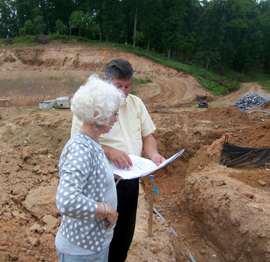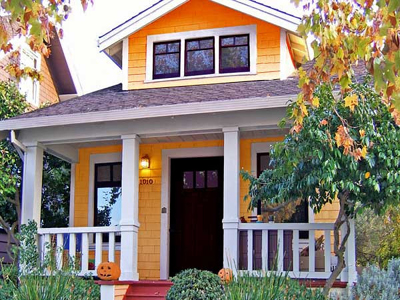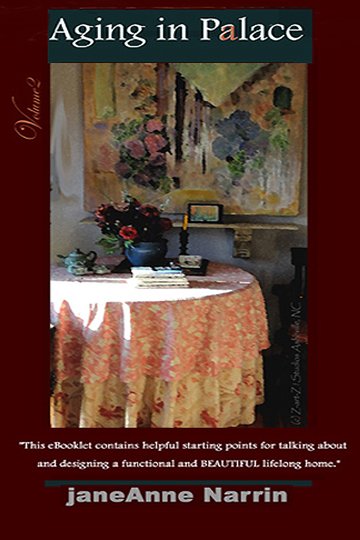white hair-green development

white hair-green development
IT'S ABOUT SUSTAINABLE EXCELLENCE
white hair-green development
Are you a person known for being "on the leading edge"? Innovative people seem frequently to focus on quality of life- Sustainable Excellence- regardless of age or physical ability. They seem to have an attitude that may be summed up as -"Get your greens ON and do NOT to sit on the sidelines."
|
Research and PDF Files |
Interestingly, one place you may a surge in sustainable excellence is in the area of construction and development.
Many developers interested in sustainable practices have strong environmental backgrounds and ideals that support their leading edge choices. However, many consumers think that making such choices for living independently will be very, very costly. BUT...Is it more expensive in the long run? Read on.
The good news is that today the financial rewards of green development are now bringing mainstream developers into the fold at an increasing pace. So it is possible,indeed it is the norm, to do well financially by "doing the right thing" when it comes to building sustainably. For example, project costs can be reduced, buyers or renters will spend less to operate green buildings, and developers can differentiate themselves from the crowd. Results? A notable marketing boost.
When "boomers" think of sprawl, we often think of a negative land-use pattern that consumes huge amounts of acreage, resources and can have a negative impact on quality of life for those who live there.
CREATING EXCELLENT POSSIBILITIES
There is a good-deal of learning to do if you desire to create a pocket-neighborhood or larger development as our "boomer" colleague (seen in the photo at a pocket neighborhood site) explains.
 “ There’s nothing like getting down to the earth in a hands-on
design experience on site |
" Whether you decide to go with a small pocket neighborhood, a larger planned development,a traditional neighborhood development (TND) or New Urbanist project, consider land use, site planning, and building design. In addition consider land-use issues as paramount in the overall planning process. There is a good-deal of learning to do if you desire to be involved in new construction and development as many Post-50-People are these days." |
white hair-green development
5 potential learning experiences if you opt for new construction
1. Attend workshops addressing aging-in-place. 2. Learn the basics of conservation land planning. 3. Examine local ordinances pertaining to planning. 4. Visit property sites where homes are in process. 5. Do "feathered nest" research and begin a conversation.
|
THE FEATHERED NEST |
aging-in-Palace TALKING POINTS TO START THE CONVERSATION |
Cost Analysis: With your research coming from Smart Communities.org, Ross Chapin Architects- Pocket-Neighborhoods.net and other resources (see video below) at hand, you may well find - with savvy planning - that the the cost of sustainable excellence does "not necessarily" exceed a conservative budget - especially if you choose to live in a well-executed green development.
|
one new construction option  |
BENEFITS 1) reduced capital costs, 2) reduced operating costs 3) health and productivity benefits 4) higher perceived value and quality 5) staying ahead of regulations 6) value-added
satisfaction |
White Hair Green Development Colorful Choices
Many people, regardless of age or physical ability, love the idea and experience of working with and/or simply enjoying the camaraderie of friends and neighbors. This continues to be desirable- with no age limit- according to many older adults with whom we speak.
Here is a video not to be missed if you are interested in seeing
a model of how sustainable excellence might work.
envision your future
THANK YOU FOR SHARING ON BEING SAGE
follow on Twitter | friend on Facebook |follow on Pinterest |forward to a friend
Collect Sage Companion Practical Arts eBooklets on Kindle
SITE SEARCH
HOME ABOUT US DISCLOSURE SPONSORS DONATE SITEMAP
Disclaimer: The nutritional and health information provided on this site is for informational and educational purposes only. It is not intended to be used as a substitute for professional advice of any kind. This information is not intended to diagnose, treat, prevent or cure any illness. Your use of this website indicates your understanding and agreement with these terms.
R E T U R N T O T H E F R O N T P A G E
aging-in-place, age in place











